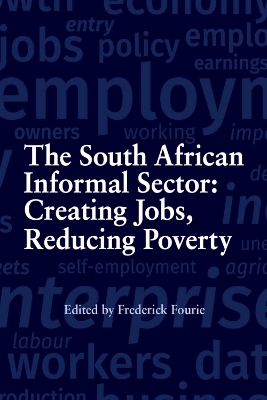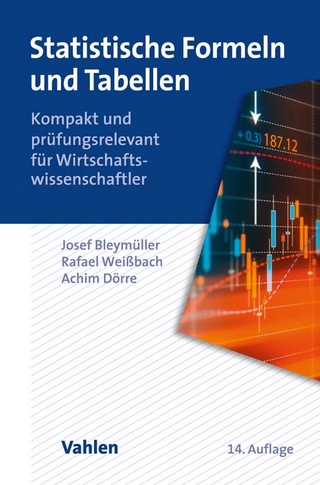
The South African informal sector
HSRC Press (Verlag)
978-0-7969-2534-3 (ISBN)
- Titel z.Zt. nicht lieferbar
- Versandkostenfrei innerhalb Deutschlands
- Auch auf Rechnung
- Verfügbarkeit in der Filiale vor Ort prüfen
- Artikel merken
Although South Africa’s informal sector is small compared to other developing countries, it nevertheless provides livelihoods, employment and income for millions of workers and business owners. Almost half of informal-sector workers work in firms with employees. The annual entry of new enterprises is quite high, as is the number of informal enterprises that grow their employment. There is no shortage of entrepreneurship and desire to grow.
However, obstacles and constraints cause hardship and failure, pointing to the need for well-designed policies to enable and support the sector, rather than suppress it. The same goes for formalisation. Recognising the informal sector as an integral part of the economy, rather than ignoring it, is a crucial first step towards instituting a ‘smart’ policy approach.
The South African Informal Sector is strongly evidence- and data-driven, with substantial quantitative contributions combined with qualitative findings – suitable for an era of increased pressure for evidence-based policy-making – and utilises several disciplinary perspectives.
Tables and figures
Contributors
Foreword: Development and informality
Preface and acknowledgements
Acronyms and abbreviations
Part I: Orientation and international context
1. Analysing the informal sector in South Africa: Knowledge and policy gaps, conceptual and data challenges — Frederick Fourie
2. The South African informal sector in international comparative perspective:
Theories, data and policies — Martha Chen
3. The informal sector in sub-Saharan Africa: A comparative perspective — Katharina Grabrucker, Michael Grimm & François Roubaud
Part II: The informal sector at the national level: A quantitative picture
4. The size and structure of the South African informal sector 2008–2014: A labour-force analysis — Mike Rogan & Caroline Skinner
5. Informal-sector employment in South Africa: An enterprise analysis using the SESE survey — Frederick Fourie
6. Entry into and exit from informal enterprise ownership in South Africa — Neil Lloyd & Murray Leibbrandt
7. Job-seeker entry into the two-tiered informal sector in South Africa — Nwabisa Makaluza & Rulof Burger
8. The informal sector, economic growth and the business cycle in South Africa: Integrating the sector into macroeconomic analysis — Philippe Burger & Frederick Fourie
9. Informal-sector employment and poverty reduction in South Africa: The contribution of ‘informal’ sources of income — Paul Cichello & Michael Rogan
Part III: The informal sector in urban townships and rural areas
10. Informal micro enterprises in a township context: A spatial analysis of business dynamics in five Cape Town localities — Andrew Charman & Leif Petersen
11. Prospects for stimulating township economies: A case study of enterprises in two Midrand townships — Eddie Rakabe
12. Limiting opportunities in the informal sector: The impact of the structure of the South African economy — Kate Philip
13. Informal-sector employment in the rural non-farm economy in South Africa — David Neves & Andries du Toit
14. Employment in informal-sector agriculture in South Africa — Ben Cousins
Part IV: Policy paradigms, statements, legislation and issues
15. Evolving policy paradigms: The National Development Plan, employment and the informal sector in South Africa — Frederick Fourie
16. Informal-sector policy and legislation in South Africa: Repression, omission and ambiguity — Caroline Skinner
17. Enabling the forgotten sector: Informal-sector realities, policy approaches and formalisation in South Africa — Frederick Fourie
Index
| Erscheinungsdatum | 13.04.2018 |
|---|---|
| Verlagsort | Cape Town |
| Sprache | englisch |
| Maße | 168 x 240 mm |
| Themenwelt | Wirtschaft ► Volkswirtschaftslehre ► Makroökonomie |
| Wirtschaft ► Volkswirtschaftslehre ► Mikroökonomie | |
| Wirtschaft ► Volkswirtschaftslehre ► Ökonometrie | |
| ISBN-10 | 0-7969-2534-8 / 0796925348 |
| ISBN-13 | 978-0-7969-2534-3 / 9780796925343 |
| Zustand | Neuware |
| Haben Sie eine Frage zum Produkt? |
aus dem Bereich


